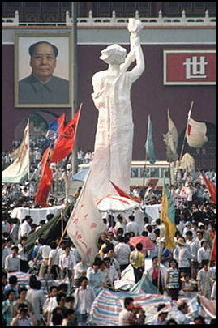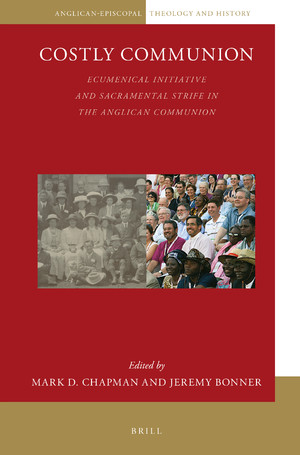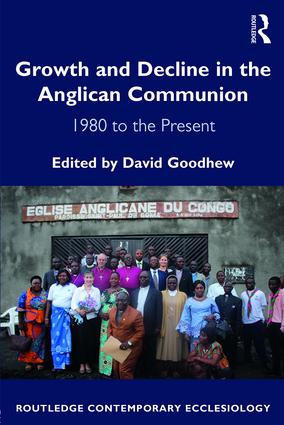Wednesday, June 18, 2014
Monday, June 16, 2014
Looking Backward
A Nicene Prohibition forbade a Bishop to exercise his authoritative episcopal functions within the limits of the Diocese of another Bishop . . . [but intervention may be justified] by the Historic Episcopate, wherever existing, unscriptural terms of communion doctrine are exacted, departures from primitive catholic doctrine which are unauthorized and unsound are inculcated, unhistoric domination of an alien episcopal authority is imposed, and unwholesome and immoral practices in the discipline of daily life are permitted and encouraged. If believing souls call aloud for relief from such encompassing error and wrong, then the entering-in for help would seem to be rather a rightful catholic protection of oppressed orthodoxy, than an uncatholic intrusion into a prohibited cure.
Another polemical outburst from a representative of schismatic Anglican conservatism?
Well, no, it's actually the pronouncement of the Joint Committee on the Increased Responsibilities of the Church of the General Convention of The Episcopal Church in 1898, regarding the extension of episcopal oversight to the new American jurisdictions of Cuba and Puerto Rico. How times change!
Posted by
Jeremy Bonner
at
10:54 PM
3
comments
![]()
Labels: Anglicanism, Church History, Episcopal Church
Thursday, June 05, 2014
Hensley Henson on the Consequences of War
What effect has war on Religion? I suspect that the effect is almost universally bad. There is no time for thinking, a vast stimulus is given to feeling. While the intellect is barren the emotions run riot. In an atmosphere of morbid sensationalism every superstition grows rankly. Death and the fear of death lie like a pall on the intelligence and paralyse the conscience. Every form of teaching and devotion which seems to illumine or affect the shadowed existence beyond the grave appeals to the bereaved, and a fat soil is prepared in which charlatanry can flourish. The prophecy-fanaticks secure a hearing & every type of wonder worker can count on a market. Besides, there is wide-spread and serious confusion of morals. War itself is hard to place in the scheme of Christian morality & patriotism is a creed which covers many sophistries. The sacred apologists of War with the New Testament as their text-book cannot be said to be an impressive company. Their embarrassment extends itself from the pulpits to the pews & everybody worships with a troubled conscience. Moreover, the daily reports of fighting & every form of violent atrocity are nowise wholesome feeling for the human spirit, which they inflame and distort.
Henson, it should be noted, was no pacifist. He willingly spoke at recruiting drives throughout County Durham and frequently preached to soldiers of the Durham Light Infantry, but it is evident that he had little time for the clerical jingoism of the early months of the War. He presciently foresaw the implications of the carnage of the Somme and Passchendaele on public opinion twenty years later, when he stood out as one of the few Church of England bishops actively opposed to Appeasement.
Posted by
Jeremy Bonner
at
4:25 PM
2
comments
![]()
Labels: Church History, Church of England, Durham Cathedral, First World War, Hensley Henson
Wednesday, June 04, 2014
Remembering Tiananmen Square, June 1989
Twenty-five years ago, beginning on the night of June 3, 1989, units of the People's Liberation Army (PLA) entered Beijing's Tiananmen Square to bring to an end six weeks of protests that had witnessed over a million students and workers demanding reforms that raised the possibility of an end to one-party rule and the advent of democracy in China. At the time observers speculated as to whether the PLA would side with the protesters or the government, but the lack of response from the countryside served to make clear that for many Chinese the prospect of widespread civil disorder only twenty years after the Cultural Revolution was not welcome.
Post-Tiananmen China has become a global superpower with armed forces that are increasingly able to assert Chinese influence across South-East Asia. A hundred years ago, Theodore Roosevelt predicted a "Pacific Century" in which the United States would be the global superpower; today it seems that the twenty-first century will also be a Pacific Century. Yet just as Vladimir Putin looks back to Peter the Great and the Romanovs for his inspiration, so the Chinese Communist Party seeks to emulate the expansionism of the Ming and the Qing dynasties, without succumbing to the Western "vice" of democracy. Will it succeed? It was hard in June 1989 to anticipate that only six months later the Berlin Wall would have fallen and the Soviet Union be in an advanced state of disintegration yet so it proved. While nationalism has proved an appealing theme for the Party to promote in recent years, the Manchus remain a potent example of how revolutions devour their own children. Twelve years after the Boxer Rebellion, the last emperor abdicated.
No one can know the consequences of democratization in China, either in 1989 or 2014, and yet, as Churchill remarked, though it may be a bad system it is better than the alternatives. We can nevertheless salute the idealists of Tiananmen Square, those who died and those who still live, for their refusal to accept the status quo. One day, God willing, they will have their memorial in the country for whose future they strove.
 | ||||||||||||||||||||||||||||||||||||||||||||||||||||||||||||||||||||||||||||||||||||||||||||||||||||||||||||||||||||||||||||||||||||||||||||||||||||||||||||||||||||||||||||||||||||
| The Goddess of Democracy |
Posted by
Jeremy Bonner
at
8:29 AM
0
comments
![]()
Labels: History, World Politics









